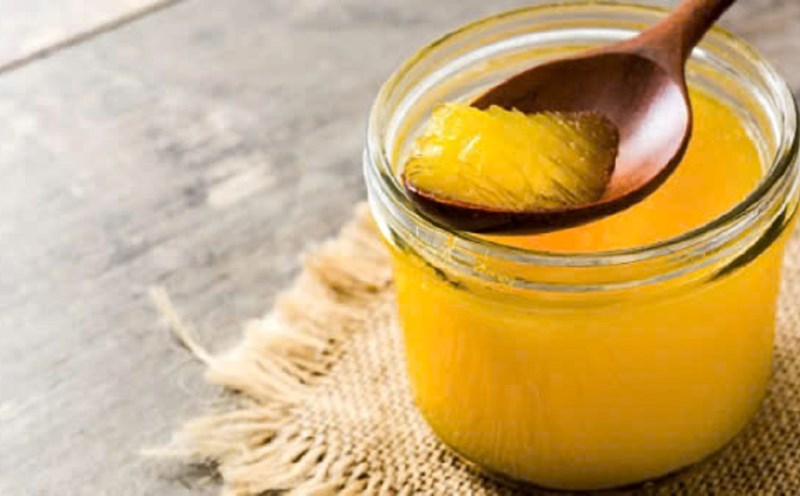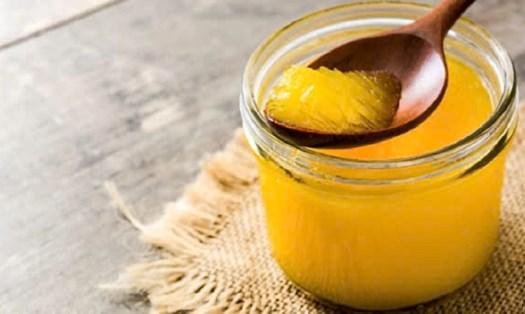According to medical experts from the World Health Organization (WHO) and the American Academy of Dermatology (AAD), choosing the right foods can help reduce oily skin naturally.
WHO recommends increasing fiber-rich foods such as green vegetables, low-sugar fruits (oranges, grapefruits, green apples) and whole grains. These foods help stabilize blood sugar, thereby limiting sebum secretion due to insulin hormone imbalance. Research by The American Journal of Clinical Nutrition also shows that a low-glycemic diet can significantly reduce the amount of oil on the skin and prevent acne.
Omega-3 is an essential part of your diet when it comes to supplementing your body with nutrients. This is a type of polyunsaturated fatty acid found in salmon, mackerel, flaxseeds, and walnuts, which has powerful anti-inflammatory properties. According to the AAD, Omega-3 helps reduce inflammation in the sebaceous glands, thereby reducing oily skin and acne. A study from the University of California also showed that supplementing with Omega-3 helps regulate oil secretion on the skin.
In addition, for less oily skin, zinc is an essential mineral for skin health, found in seafood, nuts, and eggs. WHO says zinc helps reduce excess oil production and supports rapid healing of skin lesions. Vitamin A, found in carrots, sweet potatoes, and kale, helps regulate sebaceous gland activity, helping skin stay dry and clear.
According to experts, the enemy of the skin is processed foods, which contain a lot of sugar, saturated fat and salt, which are the leading causes of oily skin and acne. WHO recommends limiting the consumption of fried foods, sweets, and carbonated soft drinks to maintain healthy skin.









